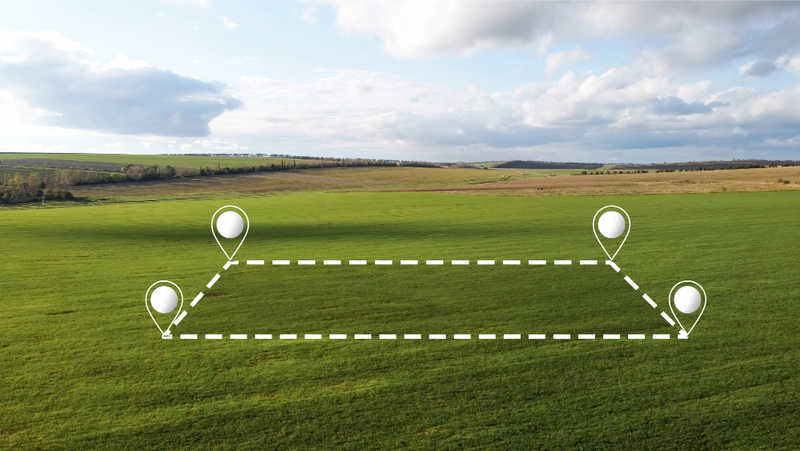Adverse Possession
It’s an obvious fact that becoming a property owner is not an easy job. The one who earns to buy a property can always narrate their struggles in detail. An owner of the property will never be willing to let go off anyone who claims on the property. A property owner must always be aware enough all the time if the property has been given to another person to stay.
The doctrine called adverse possession or squatters’ rights has been introduced in India by the British government as one of the ways to prevent disputes over the property as such disputes are always time-consuming and expensive. In detail, adverse possession means that if an occupant of the land who doesn’t own title of that property but has been living continuously for an uninterrupted period of 12 years in that property with owner’s permission can claim the title to the property usually land. Another important concern to introduce such law to society is that the land will be used in some of the ways instead of land being kept unused or futile. And that’s how the occupant who is using the land will be favored instead of the idle owner. However, the Supreme Court had recently made tougher for those who occupy illegal occupants to claim your property.
Exceptions:
- If the original owner is minor.
- If he is of unsound mind.
- If he is serving in the armed forces.
The above limitations would oppose to apply for adverse possession of property instead of unreasonably punishing the right owner. The recent SC verdict is going to change that.
Few elements that must be determined in order to establish any claim for adverse possession:
- Continuity in adverse possession: the possession and occupation of the property must be continuous and uninterrupted for the entire statutory period of limitation.
- Actual possession: the adverse possession must be actual possession such as the construction of the house, fencing the property, grazing cattle, erection of shed in land for the entire period of limitation.
- Exclusive possession: the person who claims the property must be in sole physical possession of the property against the legal right, title, and claim of the true owner or other claimants for the statutory period of limitation.
- Open possession: it means that the rightful owner of the property must know about the possession.
What does the SC say?
The SC rules say that the squatters should lawfully accept the real owner to file a case of adverse possession and make it known to the latter. This squatter will also have to file a suit along with the original owner to proceed legally.
There have been landmark judgments on adverse possession. The case of Karnataka board versus the government of India and others in 2004 clarified the features of adverse possession.
The person claiming adverse possession has to show the following before the court:
- The date of possession.
- The nature of the possession.
- The possession was known to the public.
- The duration of the possession.
- The continuity of the possession.
In 2010, in the state Haryana versus others, the Supreme Court had decided in favor of the actual owner of the property and said that the law of adverse possession should seriously be looked into and had stated that the court found the legal system rewarding an illegal act baffling.
In 2017, the Supreme Court came up with a rule to make adverse possession tougher as it can be fair enough to the actual owner of the property so that the person who was on continuous possession does not easily constitute adverse possession. Setting aside the judgment made by the Bombay High Court, the Supreme Court had held that a person claiming adverse possession must necessarily admit the ownership of the true owner that has made a party to the suit to enable the court to decide the plea of adverse possession between the owner and the claimant. The judiciary has again the time and again through its judgments shown that the doctrine of adverse possession can only be fair when it is used as a shield for defense and not a weapon. There are various issues at hand to be considered before an adverse possession can be declared to have matured into ownership.







